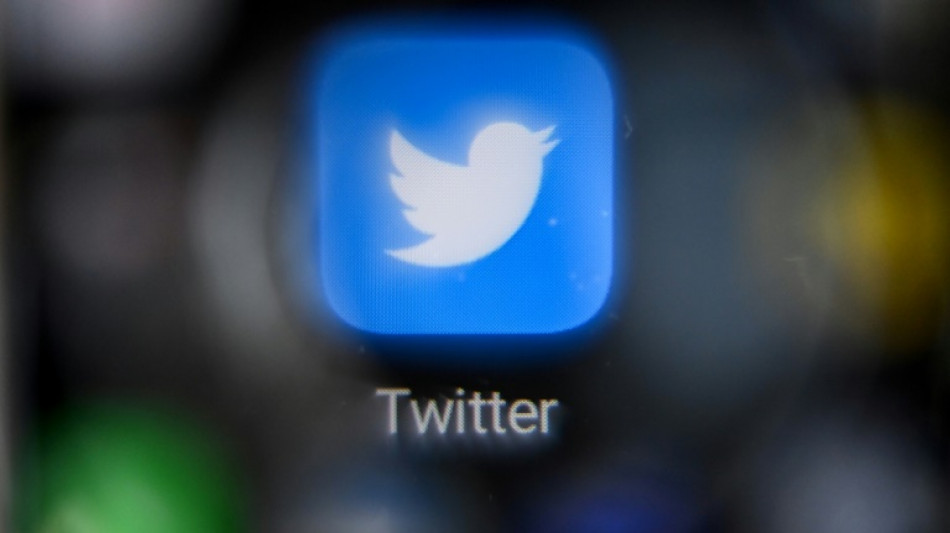
-
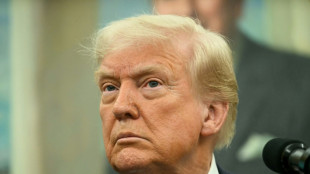 Trump to announce trade deal with UK on Thursday: US media
Trump to announce trade deal with UK on Thursday: US media
-
Dhoni says 'nothing to decide now' over retirement plans

-
 A bitter return for Iraqis kicked out of Europe
A bitter return for Iraqis kicked out of Europe
-
Stocks rise further on growing trade deal hopes
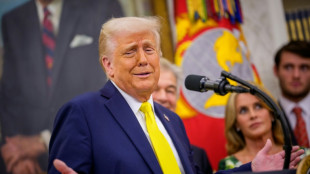
-
 Filipino pope could revive priestly vocations in Catholic bastion
Filipino pope could revive priestly vocations in Catholic bastion
-
NZ Rugby posts $11.6 mn loss, admits financial model 'not sustainable'
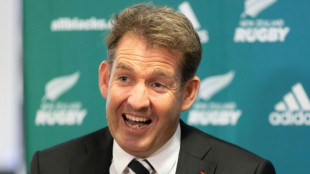
-
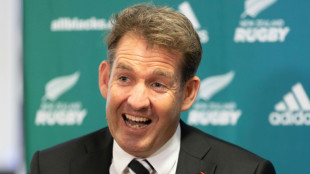 NZ Rugby posts $19.7mn loss, admits financial model 'not sustainable' financial model
NZ Rugby posts $19.7mn loss, admits financial model 'not sustainable' financial model
-
All eyes on Sistine Chapel chimney as conclave enters day two

-
 Digital voting breeds distrust among overseas Filipino workers
Digital voting breeds distrust among overseas Filipino workers
-
Bank of England set to cut rate amid Trump's tariffs
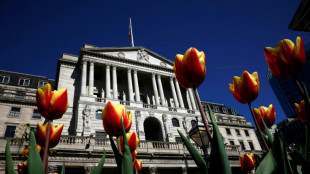
-
 Trump tariff plan brings Hollywood's struggles into focus
Trump tariff plan brings Hollywood's struggles into focus
-
'Dream turned nightmare' for Venezuelan migrant deported from US by Trump
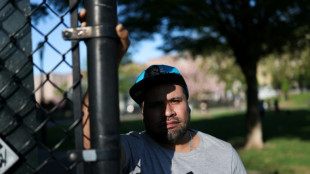
-
 Malaysia Cybersecurity Center of Excellence Marks First Anniversary with New Partnerships, Scholarships and Expanded Programs
Malaysia Cybersecurity Center of Excellence Marks First Anniversary with New Partnerships, Scholarships and Expanded Programs
-
California leads lawsuit over Trump's EV charging funding change
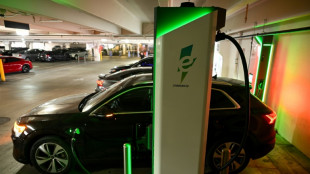
-
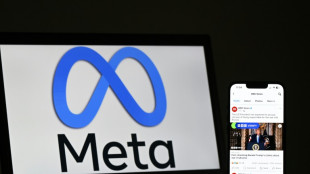 Meta blocks access to Muslim news page in India
Meta blocks access to Muslim news page in India
-
PSG are deserving Champions League finalists, says Luis Enrique

-
 Bolsonaro leads rally at site of 2023 Brazil insurrection
Bolsonaro leads rally at site of 2023 Brazil insurrection
-
Mexico City prepares to welcome millions for 2026 World Cup

-
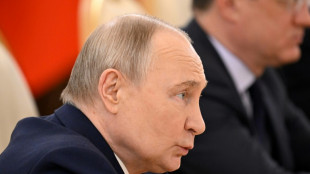 Putin's order for three-day truce with Ukraine enters force
Putin's order for three-day truce with Ukraine enters force
-
Defiant Arteta says Arsenal were best team in Champions League despite painful exit

-
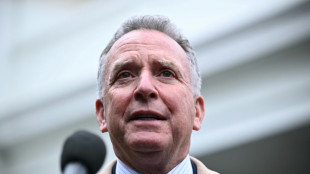 US envoy Witkoff briefs UN Security Council on Gaza, other issues
US envoy Witkoff briefs UN Security Council on Gaza, other issues
-
Tens of thousands take part in Istanbul rally for jailed mayor

-
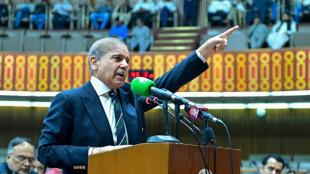 Pakistan warns will 'avenge' deaths from Indian strikes
Pakistan warns will 'avenge' deaths from Indian strikes
-
US Fed pauses rate cuts again and warns of inflation, unemployment risks
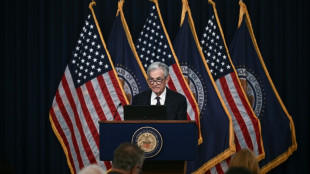
-
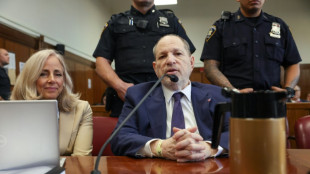 New accuser testifies against Weinstein in New York retrial
New accuser testifies against Weinstein in New York retrial
-
Merz supports easing EU fiscal rules to boost defence spending
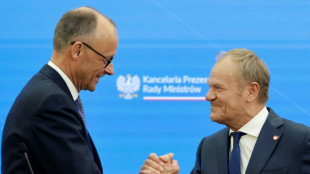
-
 PSG finish off Arsenal to reach Champions League final
PSG finish off Arsenal to reach Champions League final
-
Ex-US police officers acquitted in beating death of Black motorist

-
 Curry ruled out for a week in NBA playoff blow to Warriors
Curry ruled out for a week in NBA playoff blow to Warriors
-
Global stocks mixed as markets eye weekend US-China trade talks
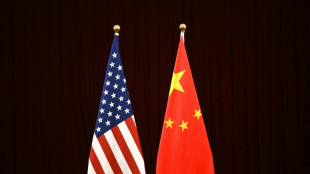
-
 Fear and loathing: Trump film threat shocks Latin America
Fear and loathing: Trump film threat shocks Latin America
-
Postecoglou hits back at Wenger over 'crazy' Spurs claim

-
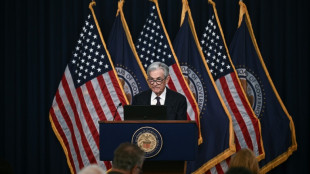 US Fed pauses cuts again and flags inflation, unemployment risks
US Fed pauses cuts again and flags inflation, unemployment risks
-
Black smoke: Cardinals fail to elect new pope on first try

-
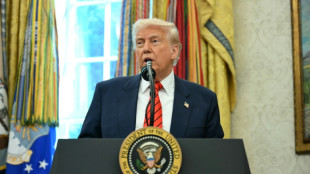 Web archivists scrambling to save US public data from deletion
Web archivists scrambling to save US public data from deletion
-
Google shares plunge after Apple executive's court testimony
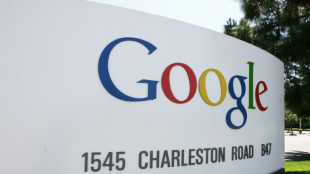
-
 Perrier ordered to remove water filters
Perrier ordered to remove water filters
-
PGA of America to give away 3,000 Ryder Cup tickets

-
 US safety officials slow operations at Newark airport after outage
US safety officials slow operations at Newark airport after outage
-
Brevis blitz dims Kolkata's IPL playoff hopes

-
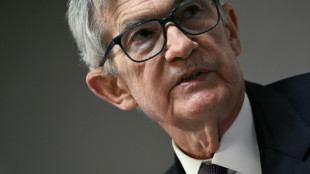 US Fed pauses rate cuts again, flags higher inflation risk
US Fed pauses rate cuts again, flags higher inflation risk
-
McIlroy moves on after Masters win to defend PGA Truist title
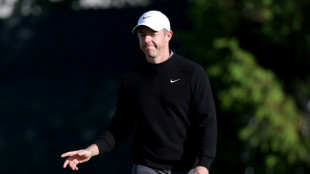
-
 Spurs star Maddison ruled out for rest of season
Spurs star Maddison ruled out for rest of season
-
OpenAI offers to help countries build AI systems
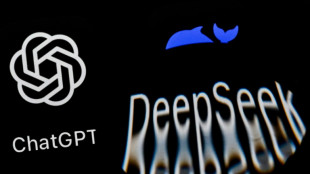
-
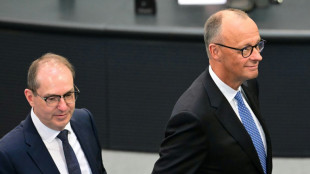 Germany's new govt orders border police to reject most asylum seekers
Germany's new govt orders border police to reject most asylum seekers
-
USA hosts Pacific Nations Cup finals with eye to '27 Rugby World Cup

-
 Six Bulgarians face long UK jail terms for spying for Russia
Six Bulgarians face long UK jail terms for spying for Russia
-
'Hitman' Sharma: Big-hitting leader of India's cricket dreams

-
 Wales fly-half Anscombe signs for French club Bayonne
Wales fly-half Anscombe signs for French club Bayonne
-
Alphabet's share price plunges on traffic drop testimony
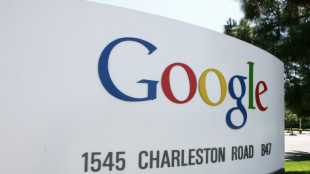

Will Twitter's 'poison pill' be too tough for Elon Musk to swallow?
The so-called "poison pill" Twitter has proposed to use against Elon Musk's potential hostile takeover is a mechanism with a proven track record that could force the outspoken entrepreneur into negotiations.
To halt a takeover, the board plans to activate the pill if the Tesla CEO comes to own more than 15 percent of Twitter.
He already holds 9.2 percent of the company, and said Thursday he has ready the $46.5 billion necessary to make an offer for the rest.
Such a "pill" would allow other Twitter shareholders to purchase shares at half price, increasing the amount of shares in circulation and weakening Musk's influence.
It would then be nearly impossible for him to take total control of the company without having to spend significantly more than he had originally planned.
"The dilution created by this defense has generally served its intended deterrence effect," explained Eric Wehrly, associate professor of finance at Western Washington University.
The "poison pill" was invented 40 years ago by business lawyer Martin Lipton to counteract a wave of hostile takeovers on Wall Street.
"It was the age of the corporate raiders," Lipton explained to the media site The Deal in 2011, from investors such as Carl Icahn to Kirk Kerkorian.
Quickly contested in court, the practice was declared legal for the first time in 1985 by the Delaware Supreme Court -- a tax friendly state where Twitter, although officially based in Californian, is incorporated.
"Delaware is the home to roughly half of publicly traded companies in the US and has fairly well established law regarding the implementation of poison pills," said Jon Karpoff, a finance professor at the University of Washington.
"Unless there's something unusual about Twitter's pill, which I would highly doubt... Musk would be unlikely to have a successful legal challenge," he said.
Boston College associate law professor Brian Quinn doesn't think the issue will even end up in court.
"Elon Musk has no case," he said.
- Negotiate and rally -
An alternative to acquiring the majority of the company would be for Musk to change the makeup of the board, according to Quinn, installing new members more in line with his vision for Twitter.
But the agenda for Twitter's next general meeting, on May 25, is already set, meaning Musk would have to wait until the next general meeting in 2023 to even bring it up.
And the board of directors can only be removed in batches, anyways.
Some members' terms are up this year, while others will remain in their position until 2023, 2024 or 2025.
Musk wouldn't be able to win over a majority of the board until at least 2024.
According to Quinn, "there's no record of an acquirer overcoming the pill by replacing the board through two successive elections."
"The only option for an acquirer is to negotiate with the board of directors," Quinn said, presumably by proposing an even higher offer, but without any guarantee of success.
And in the event of a negotiation, Musk wouldn't be able to count on the support of former Twitter head and co-founder Jack Dorsey, unless there is a quick resolution.
Dorsey, who has previously expressed affinity for the billionaire, announced after his resignation in November that he would not run for another term as director and would step down after this year's meeting.
In tandem with the official negotiations, Musk would have to start making his case to shareholders, according to Karpoff, a task which has already begun -- mainly by tweeting.
"And I think his personal popularity among a lot of people will help them in that," Karpoff said.
"I wouldn't be surprised if we even got a bunch of retail investors involved in struggling to acquire Twitter shares, and joining the attempt to pressure board members to strike a deal with Musk."
J.Williams--AMWN